Born under a bad sign
Roger was born the 25th April 1287 to Edmund Baron of Wigmore and Margaret his wife, formerly Fiennes, at the family seat of Wigmore Castle. His birthday fell on the Feast of St Mark, a sinister omen, for on this day everyone dressed in only dark clothing to desperately pray for the year ahead to be a prosperous.
As a child, Roger developed a formidable interest in all martial pursuits, learning from his uncle Roger Mortimer Lord of Chirk, a skilled soldier and leader. As a squire of 14 years age, he was betrothed to the extremely wealthy heiress Joan de Geneville, who brought with her dowry vast estates in the Welsh Marches, including Ludlow Castle. She also inherited Irish estates, including the Lordship of Meath, which centred on Trim Castle.
Roger’s father Edmund died when Roger was 17, killed in a skirmish near Builth. As a result, Roger was placed under the guardianship of Piers Gaveston Earl of Cornwall. In 1306 he was granted livery of his inheritance by King Edward. He was also knighted alongside hundreds of others in a lavish ceremony.
At the age of 21, Roger participated as a young knight in the royal procession for the Coronation of Edward II, who was only a few years older than him. As fortune would have it, he shared his strange birthday with King Edward II, whose fate would also be irreversibly entwined with that of Mortimer’s.
Roger wanted to enforce authority on his Irish estates, and soon left to Ireland. This visit brought him into conflict with the de Lacy’s, Anglo English, who were already well settled in the area. They were supported by Edward Bruce, the brother of the Scottish King Robert. The conflict simmered for nearly a decade. In 1316, Edward II appointed Roger Lord Lieutenant of Ireland, giving him the backing of royal troops. He commanded a large army against Edward Bruce and the de Lacys, defeating them and driving Bruce back to Carrickfergus. After the conflict was resolved and law and order suitably settled, Roger returned to the Marches in 1318.
Following the defeat of the Welsh, the Marcher Barons began to become disaffected with King Edward and his preferential treatment of his royal favourites the Despencers, who gained the vast estates of the Late Earl of Gloucester Gilbert de Clare, including the important Lordship of Glamorgan.
Continue to Chapter 4. Treason and the Law – The unfortunate fate of Sir John Mortimer


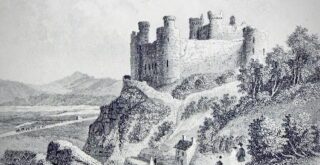
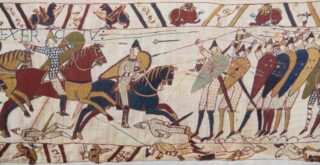
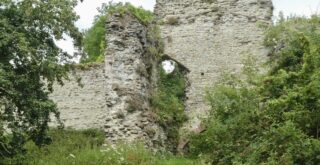
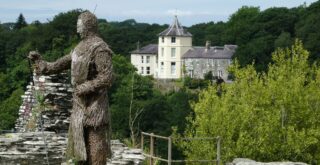
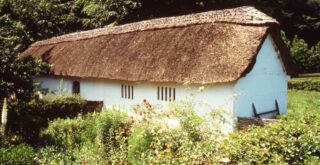
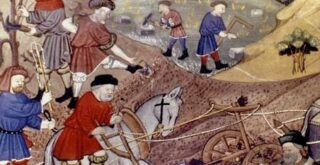
Recent Comments